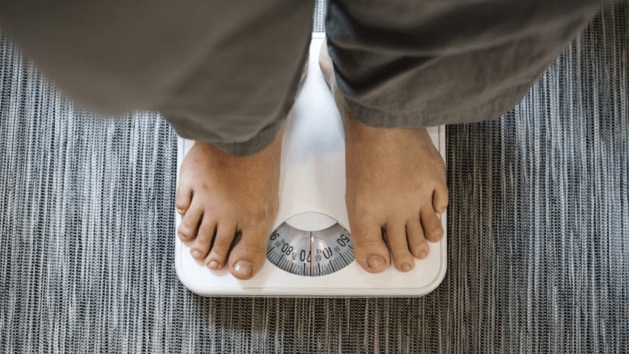The relationship between PCOS and sleep
This is what you need to know about the link between PCOS and sleep.
September 25, 2025 15:12 IST 1 / 7
1 / 7Polycystic Ovary Syndrome (PCOS) affects hormones, metabolism, and overall health. Poor sleep can make PCOS symptoms worse, and PCOS can disturb your sleep. Here’s how they are linked. (Source: Photo by unsplash )
 2 / 7
2 / 7Impact on Cortisol Levels: Chronic poor sleep can raise cortisol (stress hormone) levels, worsening insulin resistance and PCOS symptoms. (Source: Photo by unsplash )
 3 / 7
3 / 7Hormonal Imbalance and Sleep Disruption: PCOS causes elevated androgens and insulin resistance, which can disturb melatonin cycles and reduce sleep quality. (Source: Photo by unsplash )
 4 / 7
4 / 7Mood and Energy Levels: Poor sleep worsens mood swings, anxiety, and depression, already common in PCOS, creating a cycle of emotional and physical fatigue. (Source: Photo by unsplash )
 5 / 7
5 / 7Sleep and Weight Gain: Lack of quality sleep slows metabolism, increases cravings, and makes weight management, crucial for PCOS, more challenging. (Source: Photo by unsplash )
 6 / 7
6 / 7Higher Risk of Sleep Apnea: Women with PCOS have a higher chance of developing obstructive sleep apnea, leading to snoring, fragmented sleep, and daytime fatigue. (Source: Photo by unsplash )
 7 / 7
7 / 7Better PCOS, Better Sleep Management: Sleep hygiene practices like a fixed bedtime, limiting screens, and stress management can help regulate hormones and improve PCOS symptoms. (Source: Photo by unsplash )











